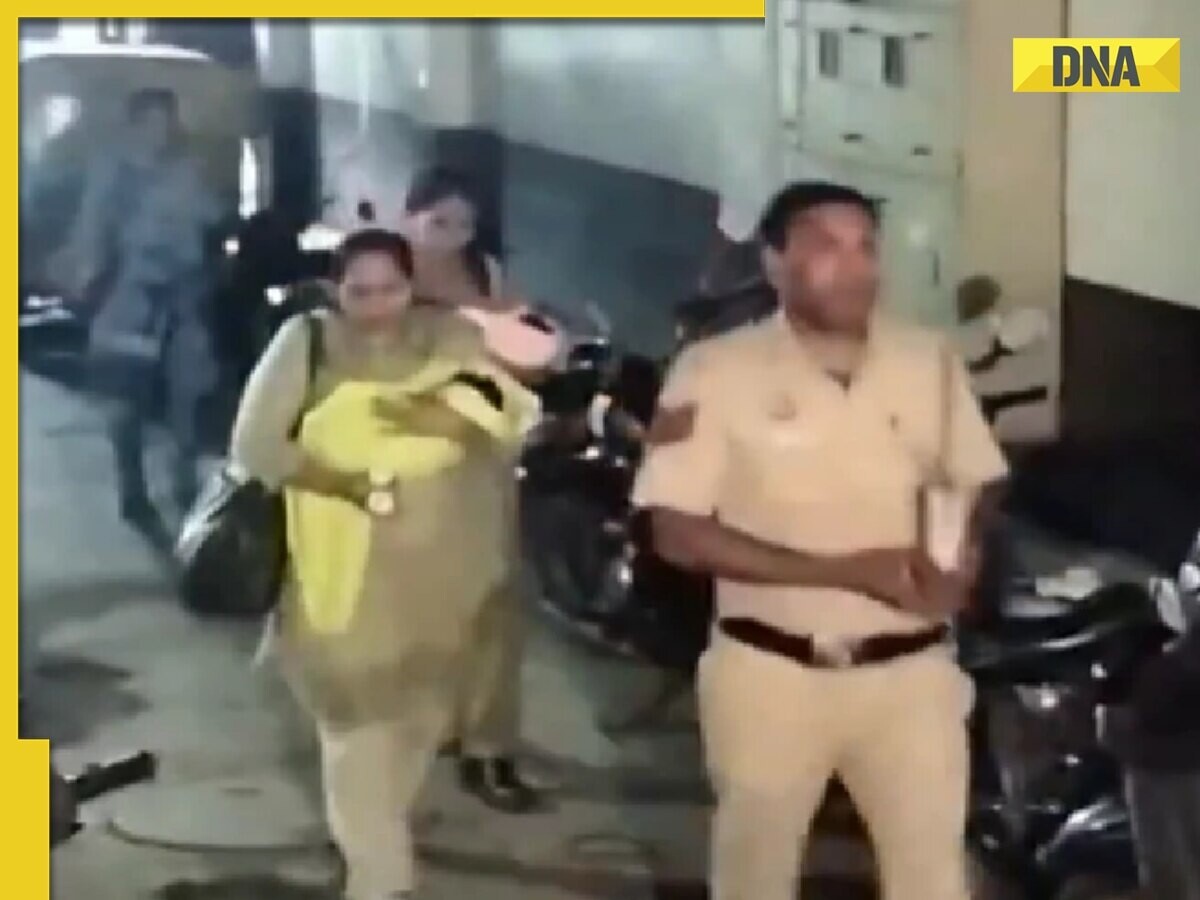
In a series of dramatic late-night operations, the Central Bureau of Investigation (CBI) has delivered a substantial blow to a nefarious child trafficking network operating within the heart of India’s capital. This underground ring, specializing in the illegal sale of infants, was brought into the limelight as a result of the CBI’s meticulous investigation, resulting in the rescue of two newborns—one a mere 15 days old and the other just two days into this world.
This breakthrough came to fruition on what normal citizens thought to be a subdued Friday night, as the dedicated agency stormed multiple locations across the urban sprawl of Delhi and the neighboring state of Haryana. Unbeknownst to the culprits, preparations had led CBI operatives straight to their clandestine operations.
The story unfolded on national television as Zee News anchor Ram Mohan Sharma dissected the underpinnings of the racket’s ‘Modus Operandi’ with a tone that resonated with the disbelief and shock of his viewership.
A tip-off had catalyzed the CBI’s actions and, in response, they descended upon several hideouts, extracting three infants from a house nestled in the locality of Keshavpuram in Delhi. Accompanying the two newborn boys was a baby girl, roughly one month old; all victims were poised to be traded off. The CBI authorities disclosed that amongst the detainees were buyers and an accomplice instrumental in the exchange process.
Seven individuals found themselves entangled in the web of justice and were presented before the court. The CBI disclosed that Indu and Neeraj stand accused as the criminal architects behind this dark trade. The investigators delved into the operations of this network, unraveling its methods, where infants were sourced from impoverished parents and surrogate mothers, then peddled to desperate childless couples through social media platforms like Facebook and WhatsApp.
A guise of legitimacy was granted to these transactions through fabricated adoption papers, simplifying the process of exchanging these infants like mere objects. The price of innocence was pegged between Rs 4 and Rs 6 lakh on this grim market. With about ten infants suspected to have been traded within the past month alone, the scope of this network spread its tentacles beyond the national capital region, with links implicating staff members of well-reputed hospitals across states.
The investigation peeled back layers to reveal a more unsettling truth—the head of this criminal enterprise was allegedly a government servant masquerading as an Assistant Labor Commissioner.
The CBI’s incisive probe continues unabated, with anticipation running high as they expect to uncover more details saturated in moral depravity. Thus far, various individuals associated with multiple hospitals, including a ward boy, have been apprehended. The inquiry has yet to ascertain the true expanse of this network’s reach, but all signs point towards a series of forthcoming arrests.
This clandestine market, which saw babies exchanged with the casual ease of commodities, illuminates a disturbing facet of society’s underbelly. The events unfolding are not just a testament to the CBI’s relentless pursuit of justice but also serve as a sobering reminder of the vulnerabilities that desperation can exploit.
The public’s eye remains transfixed on the unraveling narrative as the agency assures that each lead will be pursued with the utmost seriousness in an effort to restore the innocence that was so perilously traded away in the dark of night.










